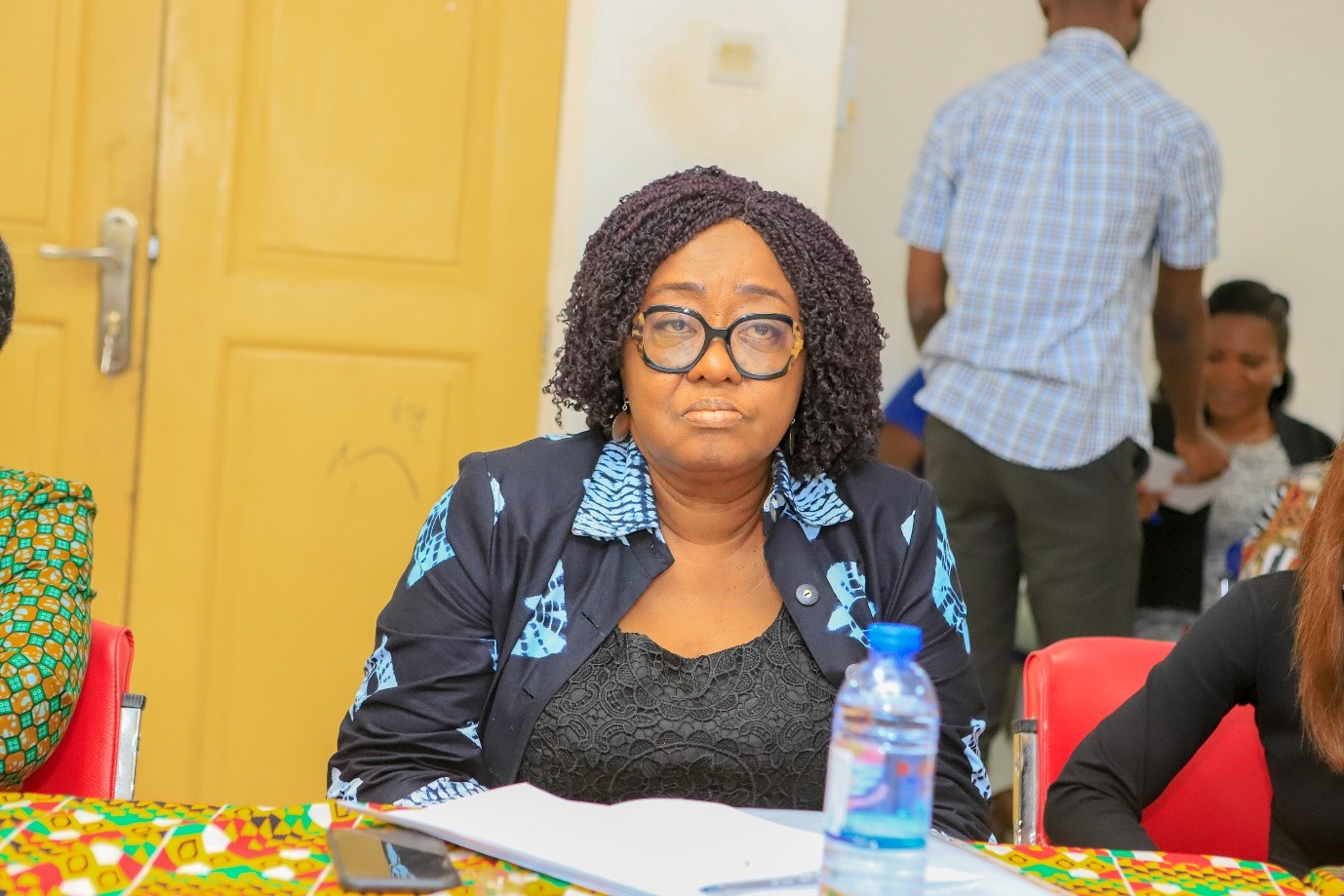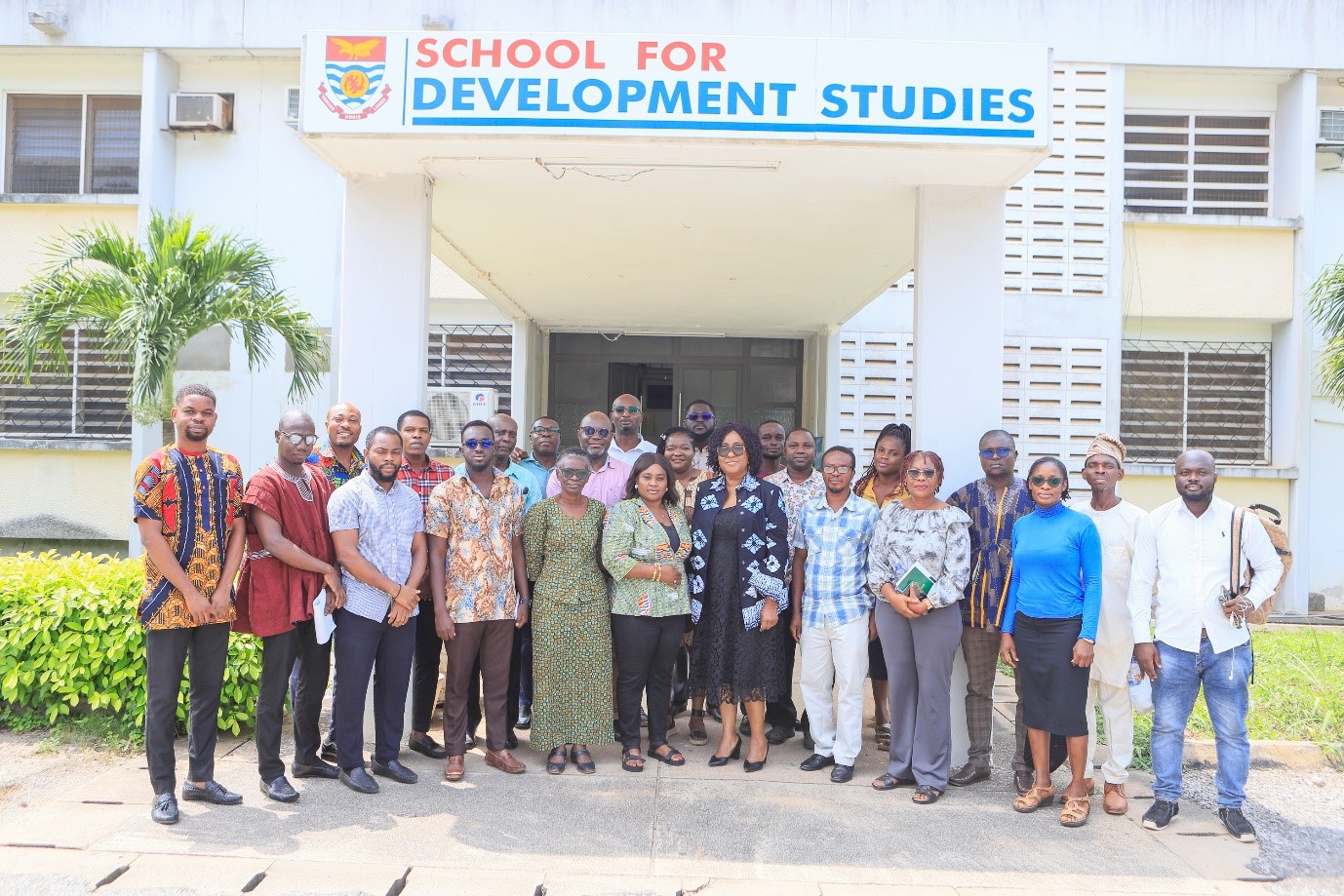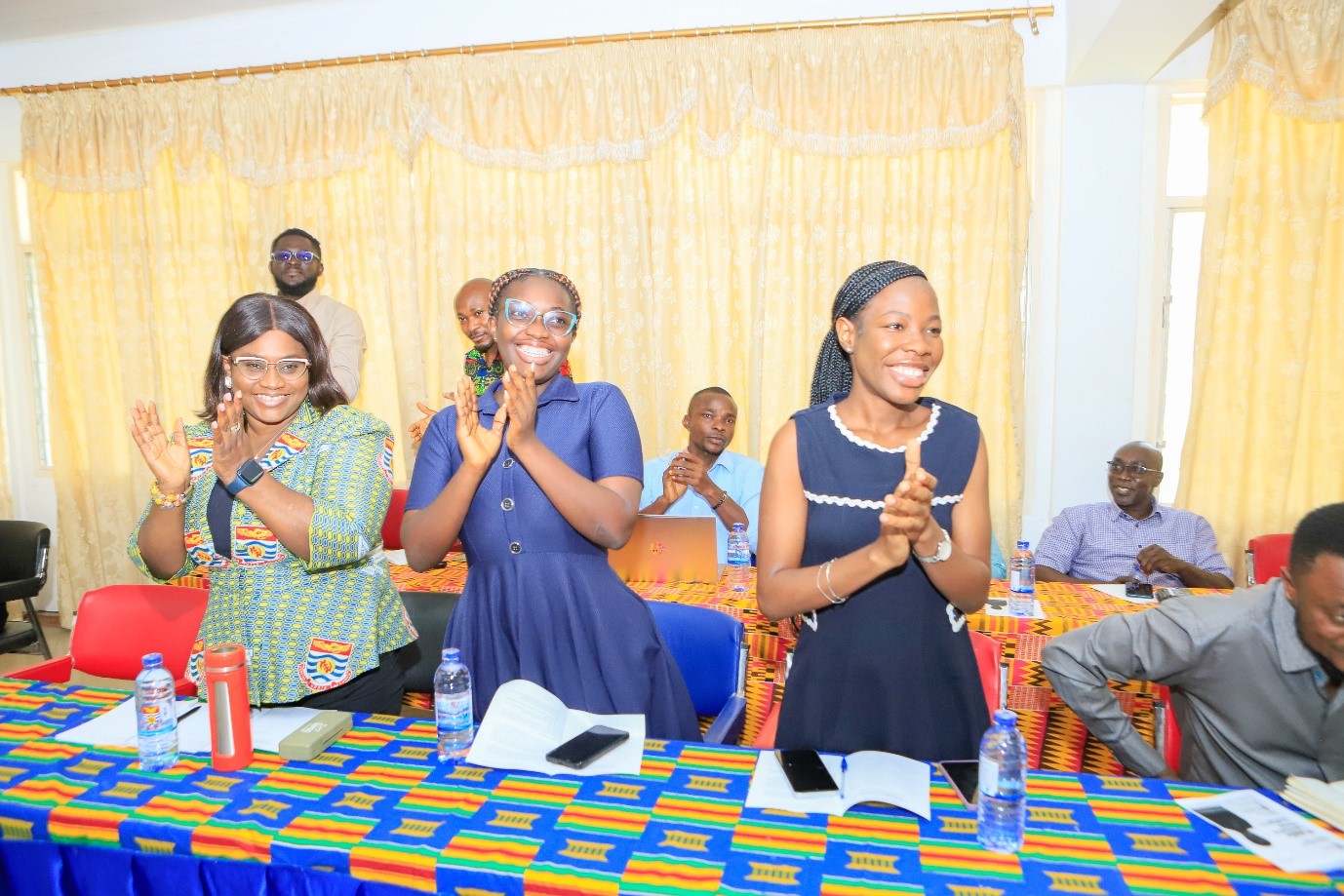The Convener of the Affirmative Action Bill Coalition, Mrs. Sheila Minkah-Premo, has justified the reason for Parliament to fast-track the passage of the long-awaited Affirmative Action Bill, to facilitate gender equality in governance and private life.
According to her, the bill would see an increase in the number of women in leadership.
“The bill will address issues such as marginalising women in public and economic life in Ghana. Again, the bill seeks to ensure that Ghana’s obligations under international human rights instruments to which it is a state party are complied with”, she said.
Mrs. Minkah-Premo made the justification at a public lecture on the Affirmative Action (Gender Equality) Bill organised by the Department of Integrated Development Studies at the School of Development Studies for the University of Cape Coast.
The Coalition seeks to broaden the scope of engagement and understanding among different generations of women and men on how to speed up the process of passing the Affirmative Action Bill into law.
The lecture aimed at seeking students' and faculties support and commitment for the passage of the Affirmative Action Bill, and to court their interest in supporting the bill’s passage.
Speaking further, Mrs. Minkah-Premo indicated that countries such as South Africa and Rwanda were already in the lead with respect to gender equality in governance through affirmative action laws.
The gender advocate continued, “There is an increase in the number of women in Parliament in these countries. Ghana, which sets the pace on many critical issues, has been left behind and we need the law in place before the close of 2024 to redeem our place in the comity of nations”, she said.
Mrs. Minkah-Premo said statistics of women in governance and leadership revealed that women had been marginalised in the 21st century.
“In Ghana now, our Parliament has a membership of 275 members, but only 40 are women. This represents about 14.5 percent. This is not good enough.”
The Convener added that the bill, which consists of 34 clauses and 6 schedules, seeks a 50/50 percent representation and participation of both women and men in governance, public positions of power, and all decision-making processes of the state.
"It also requires all sectors to reserve a percentage of their employment for women. Political parties are also to be encouraged to adopt voluntary party quotas to promote women’s participation in party politics. The bill mandates all public institutions to adopt gender policies, including recruitment policies, aimed at achieving a balanced structuring of those institutions in terms of gender", she observed.
Mrs. Minka-Premo stressed that the bill, which has undergone several revisions, was withdrawn from Parliament on June 14, 2024, and an updated version had since been laid, gone through the first reading, and was currently before the Gender Committee in Parliament.
She emphasised the need for collective action to ensure the passage of the bill, which had been delayed due to various challenges.
The Convener added that research had proven that it made economic sense to ensure gender equality, as the economy has better opportunities to grow and become more resilient to crises if women and men have equal rights.
Director of the Centre for Gender Research, Advocacy and Documentation-UCC, Prof. Eunice Fay Amissah (left) with some participants
However, Mrs. Minka-Premo, who is a legal practitioner and advocate of the bill, expressed optimism that the current Parliament would prioritise its passage.
The gender advocate called on Ghanaians to join the Affirmative Action Bill Coalition and work together towards the common goal of achieving gender equality and social justice in Ghana.
At the event, the participants agreed on the need for the Affirmative Action Bill to be passed into law.
What is the Affirmative Action Bill?
The Affirmative Action Bill seeks to encourage efforts towards addressing socio-cultural, political, economic, and educational gender imbalances in private and public sectors, per Clause 4 of Article 17 of the 1992 Constitution.
Its objective is to promote the progressive increase and active participation of women in public and active life from a minimum of 30 percent by 2030, under the requirements of the Sustainable Development Goals (SDGs).
Source: Documentation and Information Section-UCC



